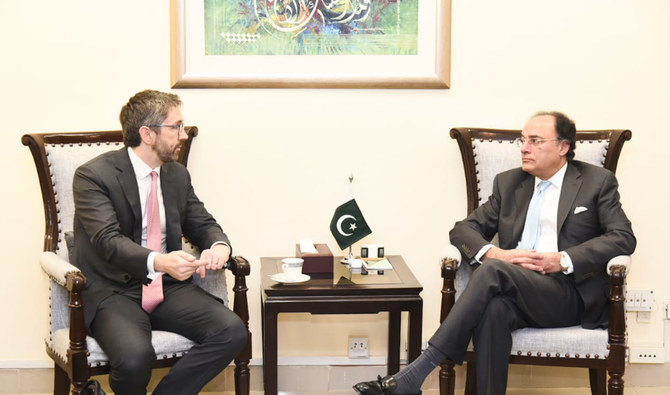Islamabad: Pakistan’s finance minister, Muhammad Aurangzeb, has emphasized the necessity of directing investment towards technology during a meeting with an official from McKinsey global management consultancy firm, as announced by the Pakistani finance ministry on Monday. This initiative aims to initiate a cultural shift towards digital governance, ultimately aiding the government’s tax collection endeavors.
In May, Pakistan entered into an agreement with McKinsey and Company to digitalize its tax system, as part of its reform efforts amidst discussions with the International Monetary Fund (IMF) for a new bailout program.
Pakistan’s Federal Board of Revenue (FBR) had highlighted the country’s narrow tax base, with only around 5.2 million taxpayers out of a population of 240 million in 2022. The FBR aimed to increase the taxpayer base by 1.5 million during the current fiscal year.
During Monday’s meeting in Islamabad, the finance minister engaged with Tom Isherwood, McKinsey & Co’s Regional Head of Technology and Tax, and other officials. The focus was on enhancing tax collection, with the finance minister stressing the importance of technological investment and a shift towards digital governance.
Discussions revolved around leveraging data for quick progress and implementing daily reporting for real-time monitoring. The finance minister shared insights on data from Pakistan Revenue Automation Limited and the Revenue Mobilization Investment and Trade (REMIT), which could aid in digitizing the FBR tax system.
State Minister for Finance Ali Malik, also present, discussed methods to enhance data management and analysis for better project outcomes. He highlighted the significance of a data-driven approach.
The McKinsey team acknowledged the finance minister’s efforts in completing the exercise within the designated timeframe.
Pakistan faces a significant debt and interest servicing payment of $24 billion in the upcoming fiscal year, prompting the pursuit of a new IMF loan. The IMF-led reforms aim to increase Pakistan’s tax-to-GDP ratio, address losses in state-owned enterprises, and manage losses in the energy sector.
Pakistan’s finance ministry forecasts a 2.6 percent economic growth rate for the current fiscal year, with average inflation projected at 24 percent, down from 29.2 percent in the previous fiscal year.
